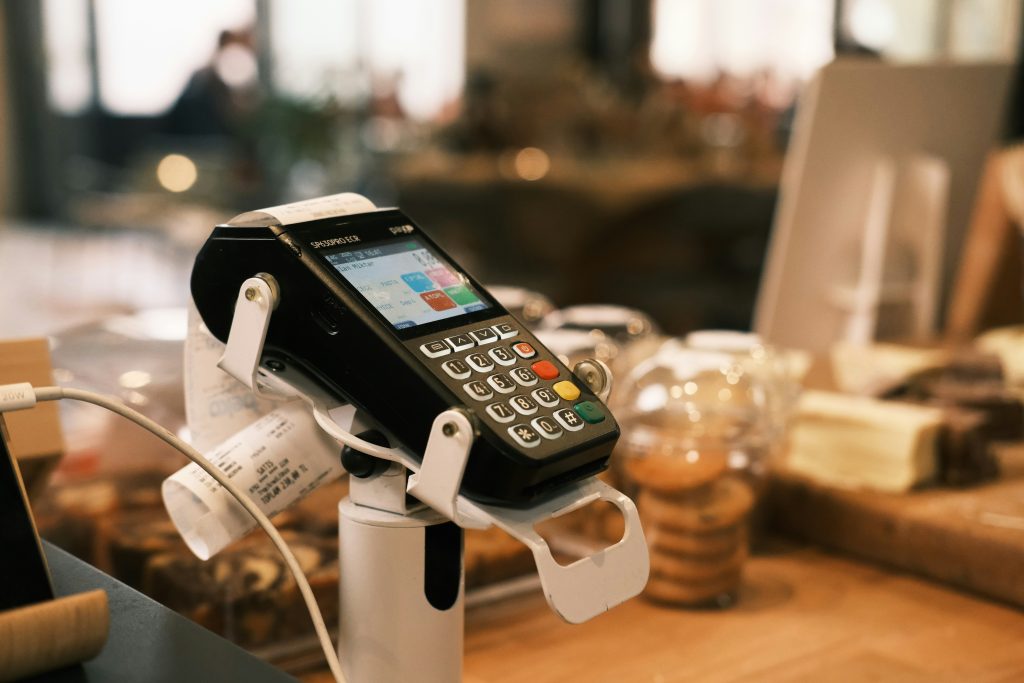Celebrity Splits and Brand Impact: Analyzing the Jessica Simpson Case
The recent announcement of Jessica Simpson’s separation from her husband, Eric Johnson, while primarily a personal matter, offers a case study in the complex relationship between celebrity image, personal brand, and potential market impact. Simpson, a prominent figure in entertainment and fashion, has built a diverse business empire. Her brand, encompassing clothing lines, shoes, and other lifestyle products, has significant market presence.
While the immediate impact of this separation on her business is unlikely to be catastrophic, it’s worth noting that consumer perception and brand alignment are crucial. A shift in Simpson’s public image, even due to a personal event, could potentially influence consumer sentiment towards her products. Market psychology often dictates that brands associated with stability and aspirational lifestyles may see better performance.
Investors in brands that heavily rely on celebrity endorsements and image should consider this an example of the risks involved. The personal lives of celebrities are inherently unpredictable, and events like this can create uncertainty in the market. While the long-term consequences are difficult to forecast, it’s prudent to monitor the brand’s performance and consumer engagement in the coming months. We will be looking to track any shifts in brand searches and social media mentions to gauge any possible market fluctuations. This event highlights the delicate balance between personal life and public brand, and should serve as a reminder that celebrity-driven businesses can experience volatility not just from market forces but from the personal events in the celebrity’s life.
Tags: Brand Reputation, Celebrity Endorsements, Consumer Sentiment, Entertainment Industry, Investment Risk, Jessica Simpson, Jessica Simpson Separation, Market Psychology, Personal Brand, Retail
Starbucks Tightens Access: End of the ‘Third Place’ Era?
Starbucks, once a beacon of inclusivity with its ‘third place’ philosophy, has significantly altered its open-door policy. Multiple news outlets, including CBS News, Forbes, USA Today, 6ABC Philadelphia, NPR, the Austin American-Statesman and Today.com, are reporting that customers will now be required to make a purchase to sit in the cafe or use the restrooms. This reversal marks a departure from the 2018 policy that allowed non-paying individuals to utilize their facilities. The decision appears to be driven by a need to manage disruptive behaviors and ensure a safe and pleasant environment for paying customers and staff. The new code of conduct also prohibits alcohol consumption, smoking, drug use, panhandling, harassment and discrimination within company-owned stores. This move effectively ends the era where Starbucks functioned as a public space for all, regardless of purchase. The change will undoubtedly have implications for how consumers interact with the brand and could potentially affect foot traffic and customer loyalty.
Tags: Coffee Industry, Consumer Behavior, Corporate Policy, Customer Experience, Open Door Policy, Retail, Social Impact, Starbucks, Starbucks Open Door Policy Reversal, Starbucks reverses open-door policy


